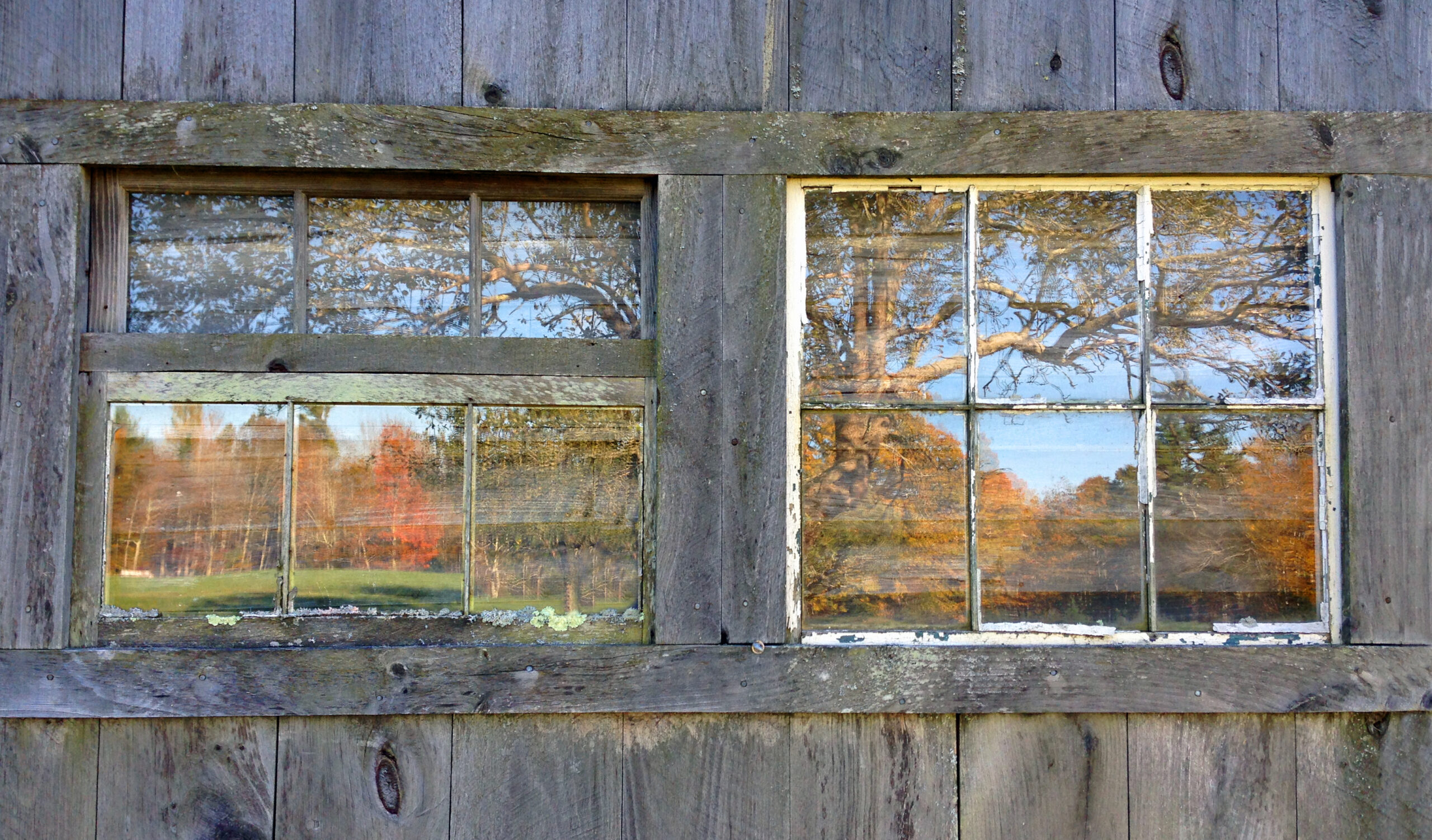
Political Situation
I suspect that policies are hard to formulate and implement in any country that is facing a VUCA-Plus related challenge such as COVID-19. I have documented some of the challenges involved in this arena in an article that focused on systems thinking, slow thinking, and polarization management in addressing the complex challenges associated with COVID-19 (Bergquist, 2021c). I attend in particular to the struggles encountered in many countries regarding the support for or opposition to herd immunity. Clearly, polarization is intensified by VUCA-Plus induced anxiety—and the opportunity for slow, system thinking regarding the COVID-19 virus is remote. We might even find that the collective posttraumatic syndrome I have just identified might be operating. The anxiety-induced struggles and traumatic reactions to the virus will inevitably produce a collective swinging back and forth regarding the introduction of ameliorative measures (such as NPIs) versus allowing a population to reach what must inevitably be herd immunity if this society is to successful control (if not eradicate) COVID-19. The issue for us to address is a comparison between different societies as to their capacity (and willingness) to opening and thoughtfully deliberate regarding this public policy.
American Cowboys
I suggest that thoughtful deliberation regarding COVID-19 related policies is particularly difficult in a society where profound individualism is prevalent. Citizens are simply less likely to listen to other citizens (especially those with differing views on the matter at hand) if they have few connections with these other citizens. In a disconnected society where people wish to keep at a distance from other people (sociofugal), then they are less likely to stay around for a debate.
At this point, I would like to introduce the image of America as a “Cowboy Paradise.” I don’t think it is accidental that American media has for many years been portraying a mythical image of the American West and the “Rugged individualism” of the American cowboy. We even elected a president (Ronald Reagan) who fully embraced this image for himself (even though he grew up a community far removed from the American West). There are several important ingredients of this image that seem relevant to the political situation in America. First, the mythic cowboy would take matters (including the law) into his (always a male) own hands. Second, if he didn’t like what was happening in his own frontier town then he could “pull up stakes” and move on to the next town. Third, the cowboy was something of a blend between “toughness” and “tenderness” – he could always win the fist fight and sometimes even kill another man (always a villain) and then turn around and sing a song while riding out of town on his cherished horse.
All of this means that the mythic American cowboy was not well-equipped to deal with something elusive like COVID-19. It would make no sense for him to take matters in his own hands when confronting a virus. Collective action is required. It is hard to knock out a pandemic with the blow of one’s fists. Second, the cowboy can’t just move on to another town, for the virus will follow him. In fact, he might himself be infected and become the super-spreader at the next town. This certainly doesn’t make him a hero. Third, the cowboy is likely to be quite ambivalent about the best way to confront the virus. On the one hand, he might be a bit “cold-hearted” and simply declare that we have to wait for herd immunity to take place—even if this means the death of many people. On the other hand, our singing cowboy would care deeply about the death of a specific person who has been infected. He might even remain in town to help the town doctor attend to a sick colleague—holding this person’s hand while they are dying. A song of remorse might follow.








